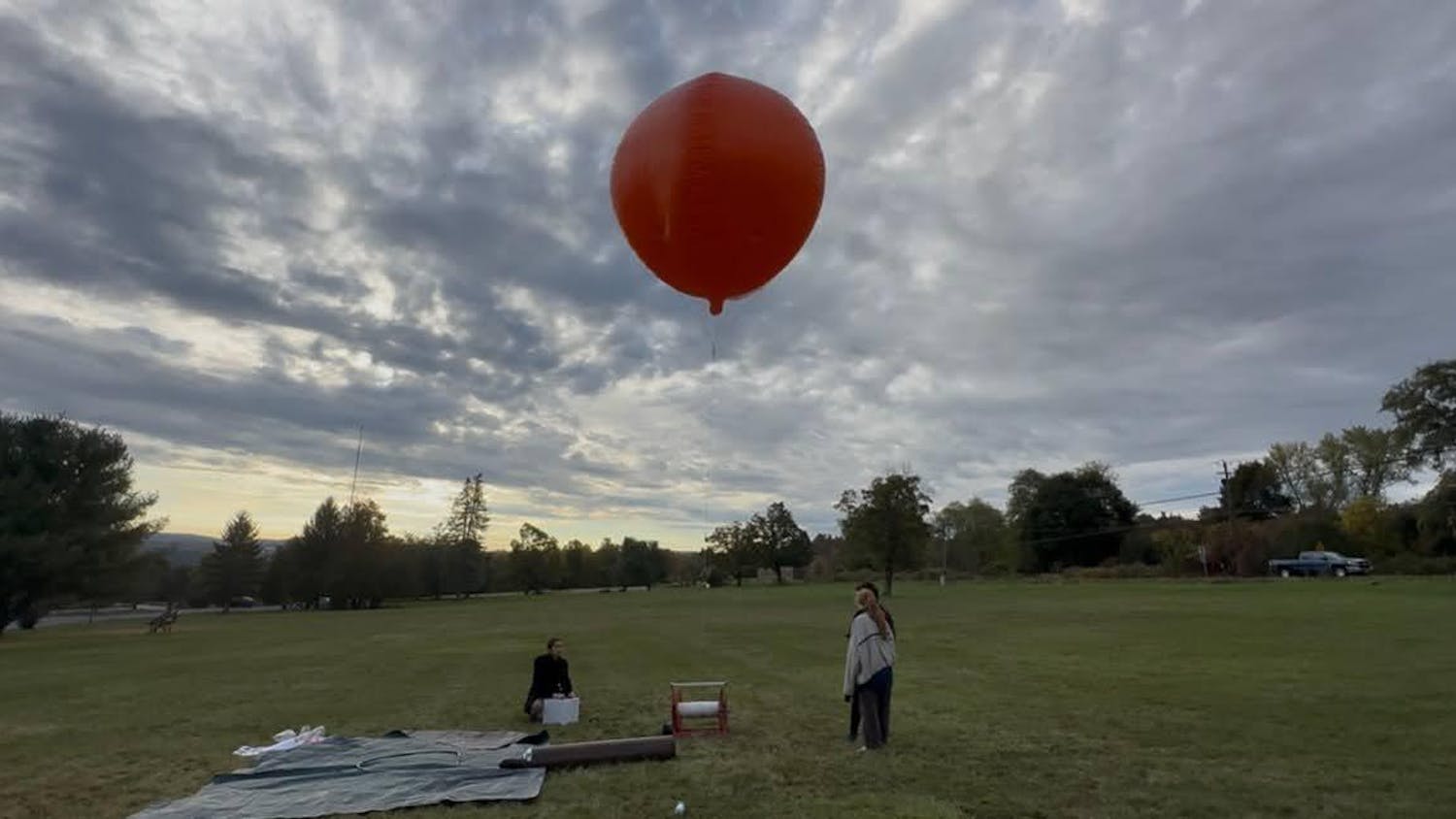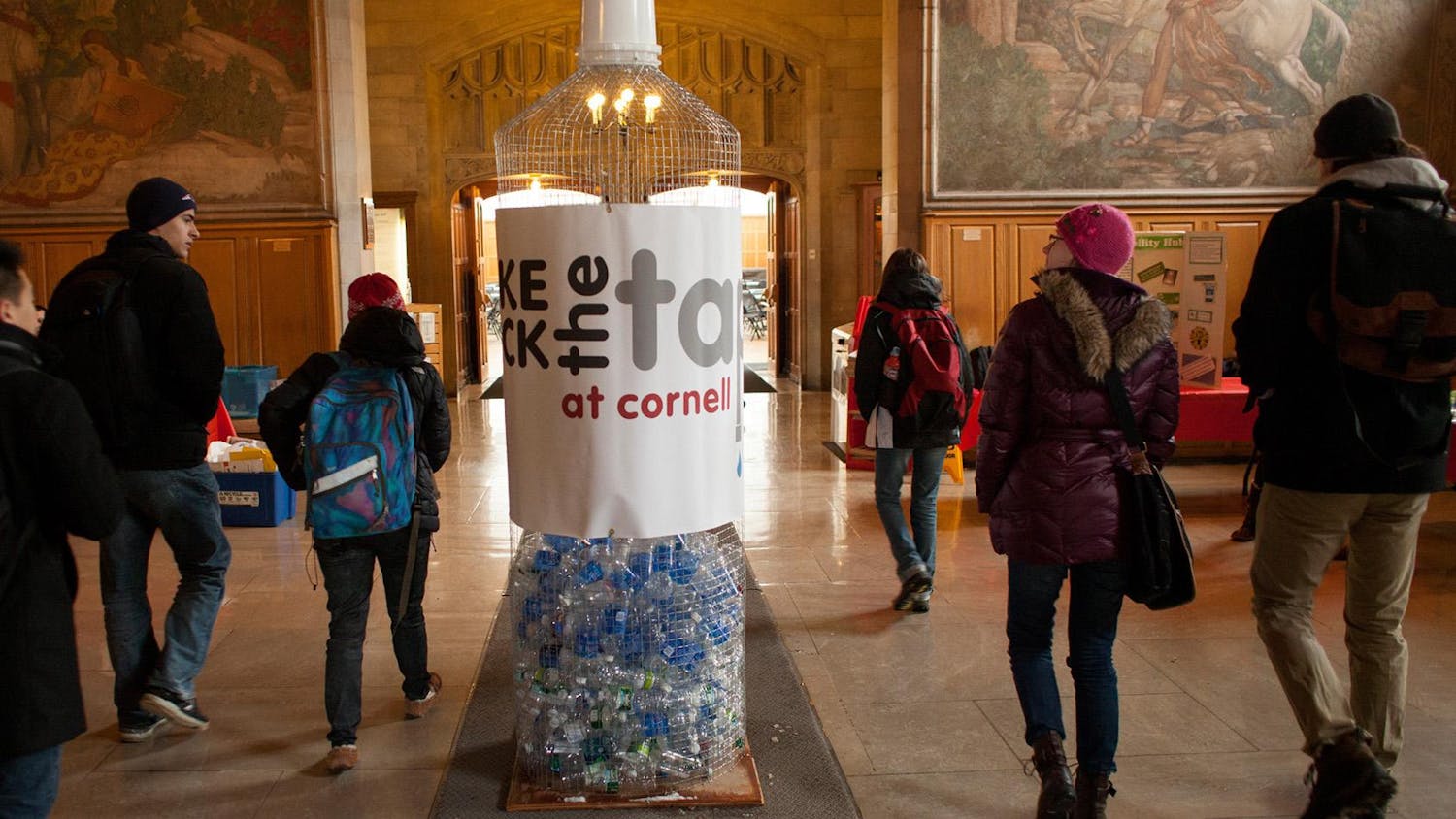By ALISHA FOSTER Stephan Loewentheil J.D. ’75, an antiquarian, organic farm owner and rare book donor, is a Cornell alumnus whose passions have taken him all over the world. Besides having his pieces featured in exhibits both at Cornell and in museums worldwide, he has also worked with clients like the White House and the Dalai Lama. Loewentheil sells pieces from his collection in his rare antiques shop, called Luxury Catalogs. Loewentheil said he did not plan on making a career out of collecting rare books and photographs. “I graduated Cornell Law School in 1975, and I went to Baltimore, Maryland, and I did historic renovation. I didn’t enjoy it. I was always a book lover,” he said. He said he began collecting rare books after talking to Jake Zeitlin, an elderly collector who lived in California. “He was such an interesting man, it struck me that I could do that. I began buying and selling books, particularly 19th century American books originally. I found them to be something that was very intellectually stimulating, and to my amazement, I was able to make a living out of it,” he said. Loewentheil has contributed to Cornell’s collection of rare manuscripts and photos with fellow collector Stephen Rudin, and said he hopes to continue doing so. At Cornell, Loewentheil worked on building collections of Civil War era history, helping Cornell put up exhibits such as Dawn’s Early Light and The Lincoln Presidency: The Last Full Measure of Devotion. Loewentheil’s collections have also been displayed in museums worldwide. “A couple of years ago, the [Israel Museum] in Jerusalem was interested in, and exhibited — one section of the Torah, which I owned — the story of Exodus,” he said. That section, he said, was “the earliest continuous complete story of Exodus that exists.” He has also lent out parts of his collection to the Metropolitan Museum of Art, including Civil War era photography and the camera of Matthew Brady, a noted 19th century American photographer. But how does Loewentheil handle ancient artifacts without damaging them? “Very carefully,” he said. “But most things that last, you know, 500 or even 1,000 years, … if you’re careful with them, they’re not fragile. Paper was made better in those days. It was called rag content paper, which was made from the pulping of used clothing, of linens and cotton, and it has no acid such as is used in the pulping of wood to make modern paper.” Although he owns his own antique shop, Loewentheil enjoys traveling as well. Rather than staying at his shop’s Brooklyn or Baltimore locations, he says, “I travel a good deal visiting my clients. Many of them are busy people.” Some of his clients are high-profile — including Ambassador Verner Reed, who was the Chief of Protocol to President George Bush Sr. “[Reed] thought it would be a lovely idea for the President to give gifts to foreign heads of state that were books that related to American life and culture,” Loewentheil said. “So we sold the White House a book called The Life of George Washington by John Marshall. That was given to Gorbachev, and my wife and I were invited to the White House for that presentation.” Since then, Loewentheil said the White House has frequently asked for books to give to foreign heads of state. “President [Bill] Clinton [in particular] was very interested in books. He’s a great book lover and a very knowledgeable man. During his presidency, we visited the White House several times for events, and many of our books were given to foreign heads of state. [They] reflect what we think are strong American values,” Loewentheil said. Loewentheil’s passion for collecting rare books, he said, stems partly from a desire for closeness with the world’s great minds. “Many of us havea visceral feeling for men and their thoughts, and they come down to us as expressed in the early printings of their books. And so by owning and studying these things, we can bring ourselves closer to the greatness of humankind,” he said. Loewentheil was a student at Cornell Law School from 1972 to 1975. Although he decided not to become a lawyer, he said he found great value in his time here. “For two years, I lived above a place called the Chapter House bar. It was a little bit more of a wild and woolly place in those days. We had an after-exam party upstairs, and one of my classmates brought up a woman who had been taking a not-for-credit Cornell class in bar tending, and her final exam was to bartend at the Chapter House bar. After her bar tending stint was over, my friend invited her to my party. That was 1973. And now she’s my wife!” Loewentheil said. Loewentheil advised current students and soon-to-be graduates to pursue their passions. “The most important thing is to find something you love and spend the time to really learn about it. Learn every aspect of it. Because if you love it and you become knowledgeable in it, it will give you a life,” he said. “It will extend your life in happiness and in productivity. Rather than trying to fit yourself into the simple choice of professions that already exist, follow your heart.”
‘Follow Your Heart,’ Says Cornellian-Antiquarian
Reading time: about 5 minutes
Read More










